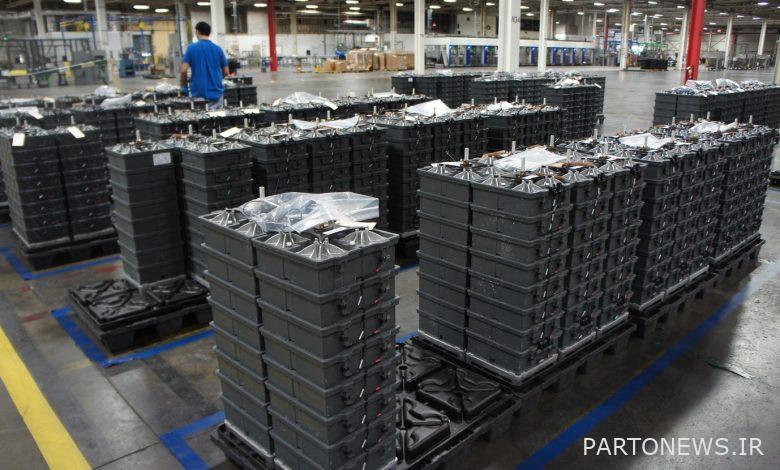Aquin Energy unable to provide capital

In the startup environment, it is a habit to talk about successes to keep our hopes alive for the future, but it is a big mistake to forget the failures of the past and not benefit from the experiences of the past. For this purpose, the Ecomotive team has collected the experiences of a series of failed startups, so that reviewing their failed stories may be a basis for the success of new startups in Iran’s startup community. This collection will be published and made available to the audience in the form of the story of failure. We review the twenty-ninth episode of this series, which deals with the failure of the startup Aquion-Energy.
Aquine Energy claimed it could provide a low-cost way to store large amounts of energy (for example, for the power grid) through thousands of battery cycles, producing a non-toxic end product made from widely available materials and in a wide thermal range and different environments. It can be used safely.
This company was founded in 2008 by Ted Wiley And JF WhittakerUniversity professor Carnegie Mellon Was established. They have their research and development offices in Lawrenceville set up, where they produced batteries in the experimental stage. Whittaker studied a variety of energy-related topics, such as the performance of basic materials, systems engineering, and more. In 2007, he accepted a professorship at Carnegie Mellon.
In 2011, Equine Energy produced a type of battery that could store 1.5 kilowatt hours of electricity and did not heat up. The company expected its product to last twice as long as lead-acid batteries. In this context, it was claimed that the price of these batteries is equal to the lead-acid type. This company introduced a new generation of batteries in 2014; The single-tank module, which had a capacity of 2.4 kWh, and its multi-tank type, which stored 25.5 kWh of energy.
In 2015, the company announced that it would produce batteries for Hawaii’s microgrids that would back up 176 kilowatts of solar panels and store 1,000 kilowatt hours of electricity.
But in the way of growth and development of the company’s products, there was a fundamental problem. Scott Pearson, CEO of the company, stated that: “Creating a new electrochemistry and battery platform related to it on a commercial scale is very complex, time consuming and capital intensive. “Despite all our efforts to secure the company’s capital and continue to grow, this company is unable to secure the necessary capital to continue its activities.”
In 2015, the company announced that it was reducing its staff.
Finally, Aquin Energy voluntarily declared bankruptcy in 2017. In June of the same year, a bid of 2.8 million was made, and a Chinese company called Titan Energy Technology Group won the bid with a bid of 9.16 million.
Study proposal
How do you rate this article?


